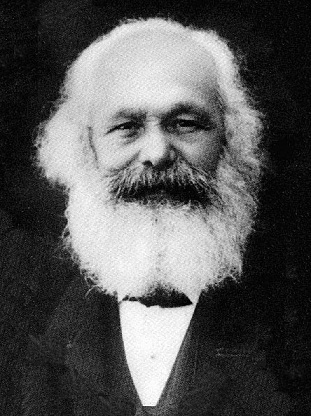Reshuffles and IP ministers
 Tuesday, July 29, 2014 at 14:23
Tuesday, July 29, 2014 at 14:23 Another reshuffle, another IP minister; last week the Government announced it would appoint Baroness Neville Rolfe as the BIS minister responsible for IP and copyright, replacing predecessor Viscount Younger of Leckie.
Baroness Neville Rolfe is undoubtedly an experienced operator with an impressive career spanning politics and business. But, the continuing change in post does create a bit of a disconnect and uncertainty for those of us in the business of protecting the rights of creators.
The Register’s Andrew Orlowski neatly outlines some of the challenges that the new IP minister will face and points out that we have now had four IP ministers in less than two years. If you go further back in time the figure reaches a total of seven IP ministers in seven years.
Despite all this, it is of course good news that the Government continues to take IP seriously enough to have a responsible minister for the brief. We hope that Baroness Neville Rolfe will take a long hard look at whether statutory instruments, a fast track method of altering copyright exceptions with limited parliamentary scrutiny, is wise given the sometimes unintended impact even small changes to copyright exceptions can have on the UK creative industries.
 eClips Team | Comments Off |
eClips Team | Comments Off | 
